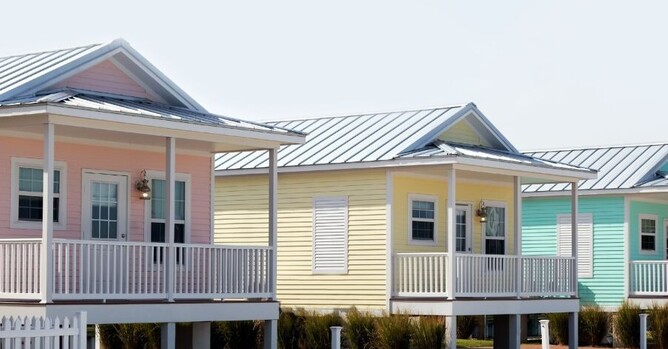Anyone who provides accommodation through an online marketplace in New Zealand, such as Airbnb or Bookabach, will be affected by new Goods and Services Tax (GST) changes starting from April 1, 2024.
What is the new legislation?
Up until now, electronic marketplaces only needed to pay GST on their service charges & commissions not the total value of ‘sales’ going through their platform. As a result, GST only needed to be paid to Inland Revenue on accommodation bookings, rideshares or food delivery if property owner or driver was GST registered.
The new legislation coming into effect on 1 April 2024 creates a category called “listed services’ which includes all short-stay accommodation platforms (such as Airbnb & Bookabach) as well as ride-share and food delivery services (such as Uber & DeliverEasy).
This means the electronic marketplace is now considered the service provider and has to collect and pay 15% GST on all services provided to end-users through their platform.
How does this work in real life?
It depends entirely on whether you are already GST registered or not.
1. You are GST registered
Transactions between the electronic marketplace and a GST-registered property owner or driver are zero-rated for GST. For instance, if Rebecca, a GST-registered individual, rents out a property via Airbnb for $200 a night, Airbnb charges guests $230, including GST of $30. Any associated services such as cleaning fees or linen charges will also include GST.
Airbnb pays the $30 GST to the Inland Revenue on Rebecca’s behalf, and pays Rebecca the $200 (less their usual fees of course).
The transaction between Airbnb and Rebecca is zero-rated, so Rebecca doesn’t need to pay any further GST to Inland Revenue on the income she is receiving from her guests. Income received through the Airbnb platform will go into a separate section of her GST return and no GST will need to be paid on it. She will continue to pay GST on any direct bookings and can claim GST on any relevant expenses.
2. You are not GST registered
The good news is that you don’t need to go out and register for GST.
The electronic market place will still add 15% onto your nightly rate and any associated services such as cleaning or linen charges. However, they will give you an 8.5% credit which is loosely deemed to be the value of the GST you would have been able claim back on expenses such as management fees, supplies etc.
For instance, if Mike, a non-GST-registered individual, rents out a property via Airbnb for $200 a night, Airbnb charges guests $230, including GST of $30. Any associated services such as cleaning fees or linen charges will also include GST.
Airbnb pays the $30 GST to the Inland Revenue on Mike’s behalf, and pays Mike the $200 plus an additional $17 which is the 8.5% credit for GST on expenses that he would have been able to claim back if he had been GST registered. Mike does not have to charge GST on any bookings made directly.
What are we still waiting on?
This is the theory of how GST will work in the platform economy. However, we are still waiting on platform providers like Airbnb to come back to us with advice on the practicalities such as:
Will Airbnb add GST onto the nightly rates or is the GST coming off the rates you’ve already set?
What happens to bookings which are being locked in now for after 1 April?
Note that while the National Party expressed its intention to repeal this change, it is not part of the published “100 day action plan”. Currently it is law, so it’s important for anyone it affects to understand what it means for them.





